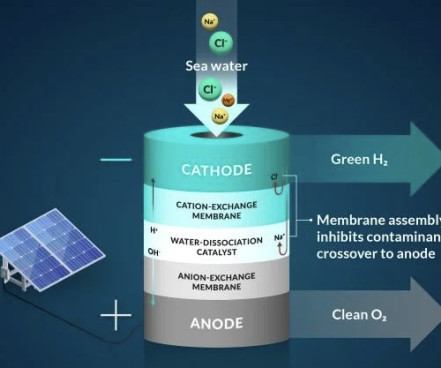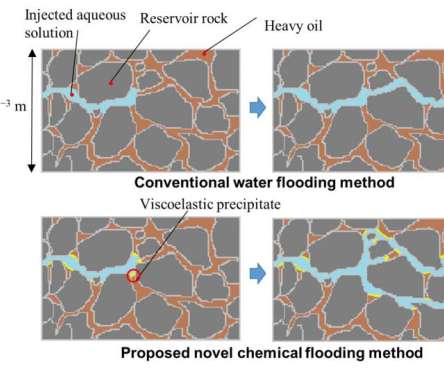Researchers devise seawater-resilient bipolar membrane electrolyzer for turning seawater into hydrogen
Green Car Congress
APRIL 12, 2023
Researchers at the Department of Energy’s SLAC National Accelerator Laboratory and Stanford University with collaborators at the University of Oregon and Manchester Metropolitan University have developed a seawater-resilient bipolar membrane electrolyzer.




























Let's personalize your content